Posted by Wall Panels World on 30th Jan 2025
Removing Bathroom Ceiling Mould | Prevention & DIY Treatment
Understanding and Managing Bathroom Mould
Most bathroom surfaces in British homes face a constant battle with moisture. Regular condensation, lingering humidity, and poor ventilation create perfect conditions for mould growth. Understanding how and why mould develops helps in choosing effective prevention strategies.
How Mould Develops in Bathrooms
Bathroom mould thrives through a simple process: when warm, moisture-laden air meets cooler surfaces, condensation forms. Combined with poor ventilation and organic materials found in many building materials, this creates ideal conditions for mould growth. Consider exploring alternatives to traditional bathroom materials for better moisture resistance.
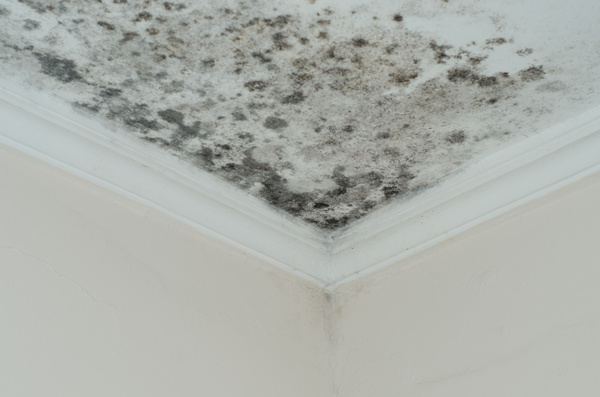
High-Risk Areas
- Ceiling corners above showers
- Window reveals and sills
- Silicone seals around baths and basins
- Grout lines between tiles
- Behind furniture or fixtures
Contributing Factors
- Insufficient ventilation systems
- Single-glazed windows causing cold spots
- Inadequate heating during winter
- Damaged seals or grout
- Leaking pipes or fixtures
Identifying Common Types
Black Mould

Black mould typically appears in corners and joints, indicating severe moisture issues
Pink Film
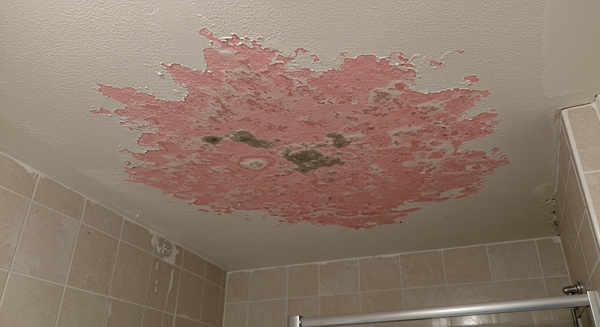
Pink films often develop on silicone seals and shower areas
| Type | Appearance | Common Locations | Risk Level |
|---|---|---|---|
| Black Mould | Dark spots or patches | Wall corners, ceiling joints | High |
| Pink Film | Pinkish residue | Silicone seals, shower trays | Moderate |
| White Patches | Powdery white spots | Painted surfaces | Moderate |
Treatment Options
While various treatments exist, their effectiveness depends largely on the surface type and extent of mould growth. Professional-grade treatments containing benzalkonium chloride work well for surface mould, but deeper issues require more comprehensive solutions.
Natural Solutions
White vinegar provides an effective natural treatment option for regular maintenance and mild cases.
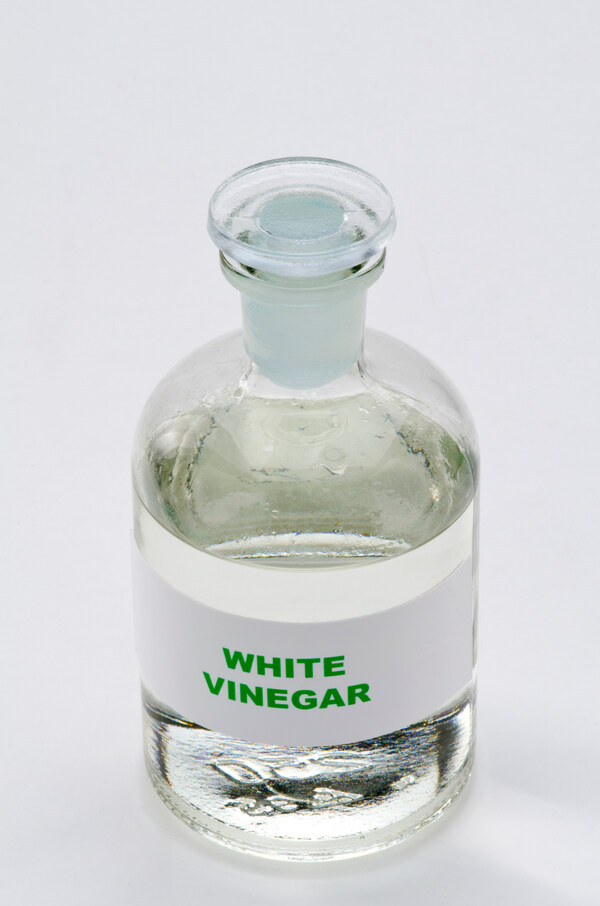
White vinegar's natural acidity helps prevent mould growth
Chemical Treatments
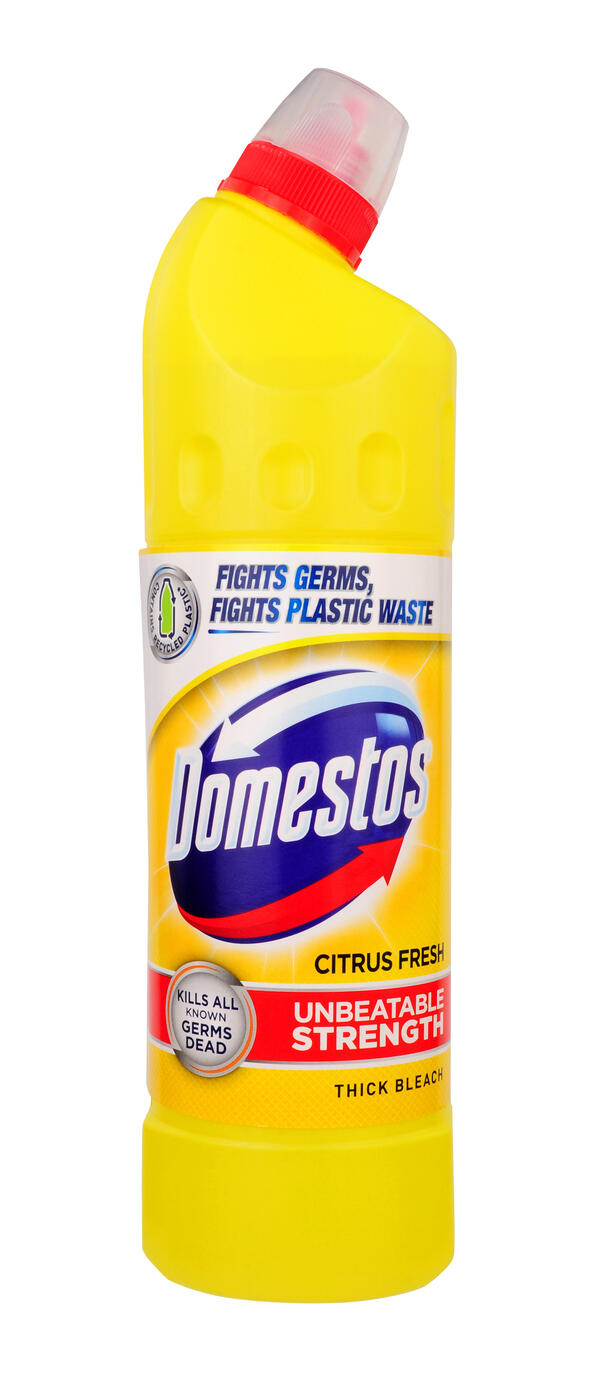
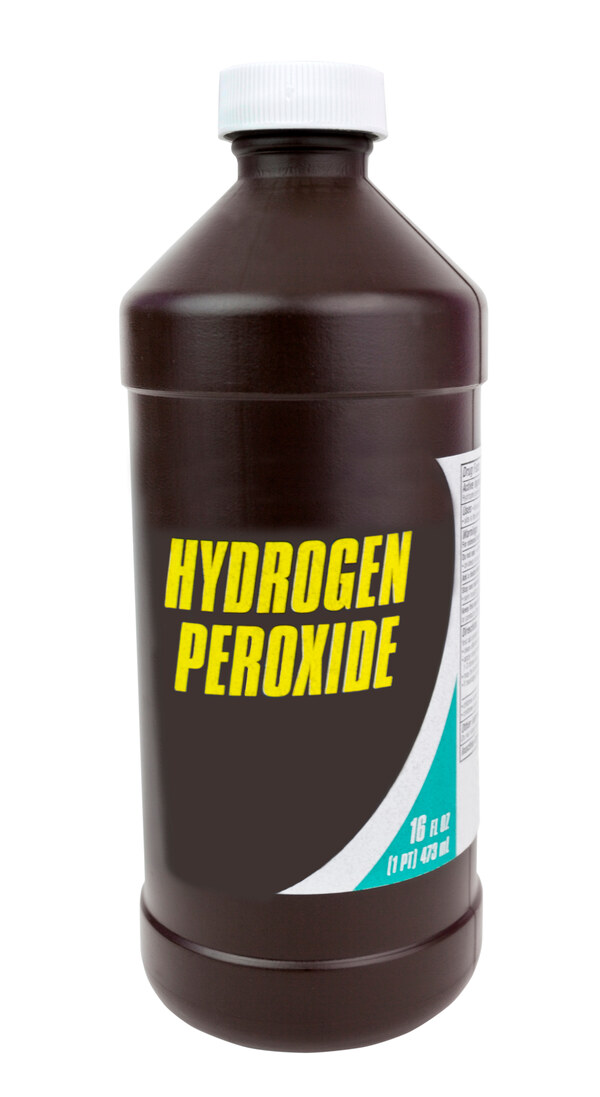
Chemical treatments offer more powerful solutions for established mould
PVC Panels: A Permanent Solution
Our PVC ceiling panels offer a comprehensive solution to bathroom mould. Their non-porous surface prevents water absorption entirely, eliminating the conditions mould needs to grow.
- Complete waterproofing
- Simple installation over existing tiles
- Minimal maintenance requirements
- Modern designs that complement any bathroom style

Prevention and Maintenance
Regular Maintenance
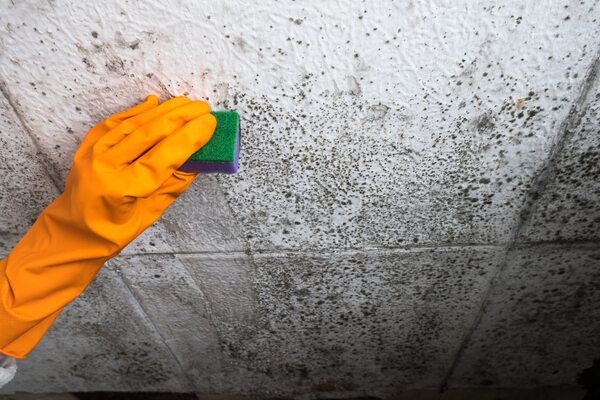
- Clean surfaces regularly
- Address damp spots promptly
- Monitor problem areas
- Check seals and grout condition
Active Prevention
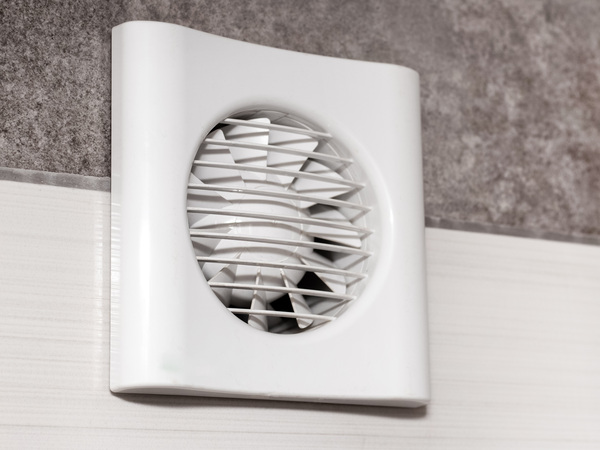
- Use extractor fans consistently
- Maintain ventilation systems
- Keep air flowing freely
- Control humidity levels
Humidity Management
- Install and use dehumidifiers in problem areas
- Monitor condensation on windows and surfaces
- Maintain adequate heating during colder months
- Ensure proper air circulation throughout
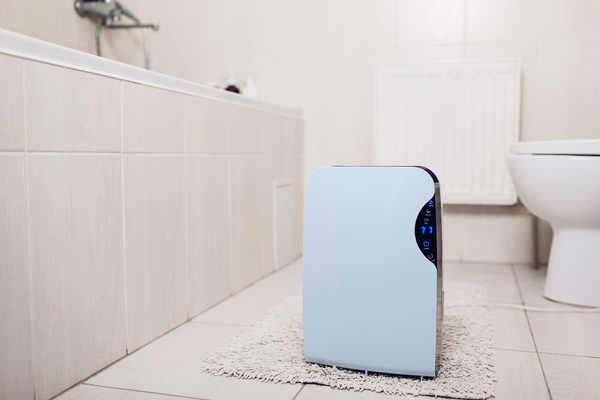
Long-term Solutions
Consider these permanent improvements to prevent mould growth:
- Install waterproof shower panels
- Consider modern wall paneling options
- Upgrade ventilation systems
- Ensure proper installation techniques
Important: For extensive mould problems, especially those covering large areas or affecting those with respiratory conditions, professional assessment is recommended. Early intervention often prevents more serious issues from developing.
Learn more about bathroom improvements in our guides about skirting options for tiled rooms and alternatives to traditional bathroom tiles.
